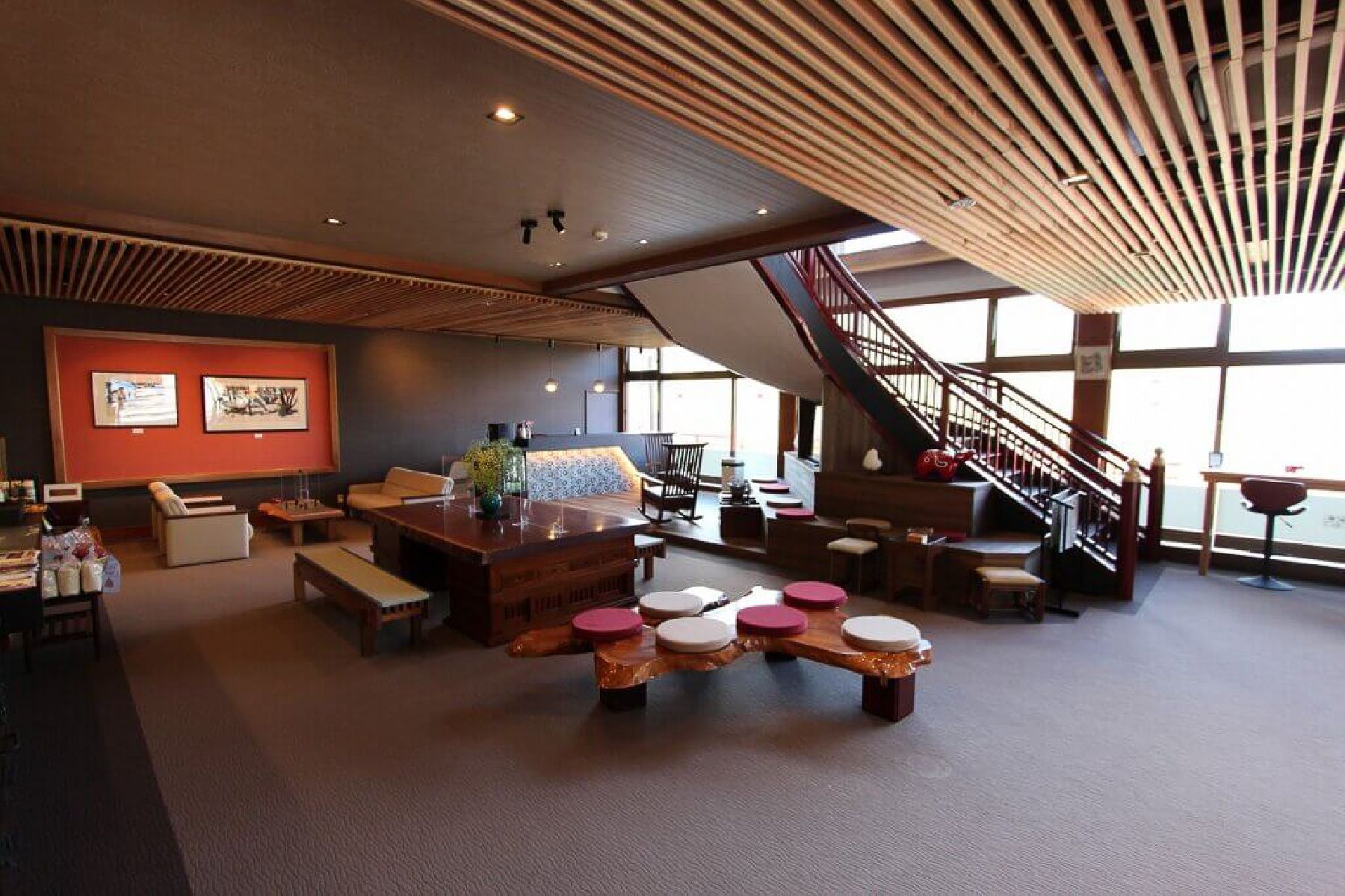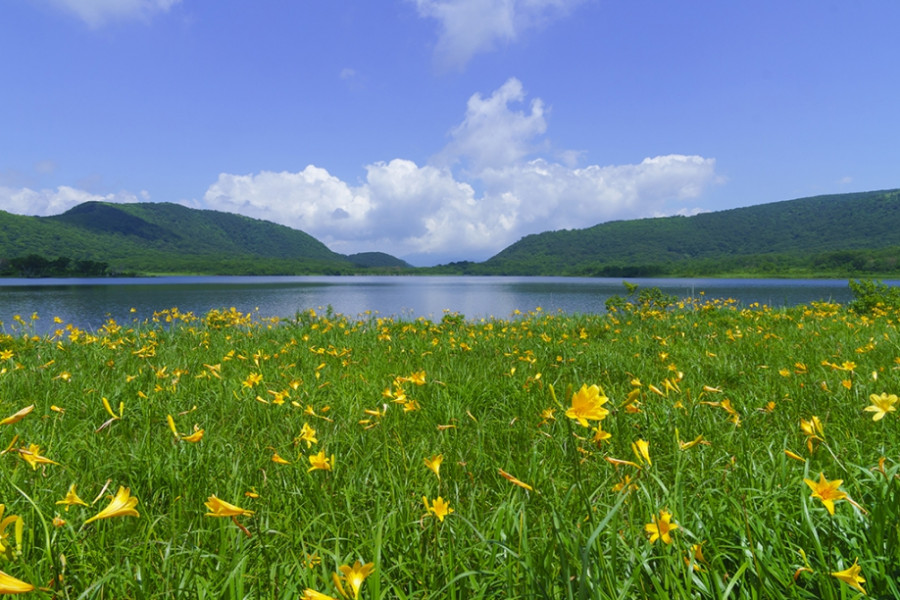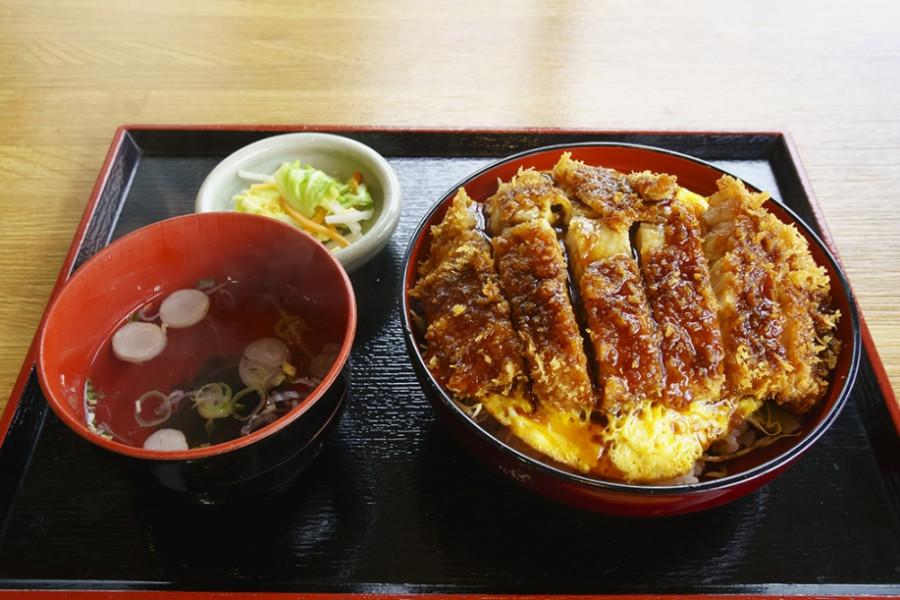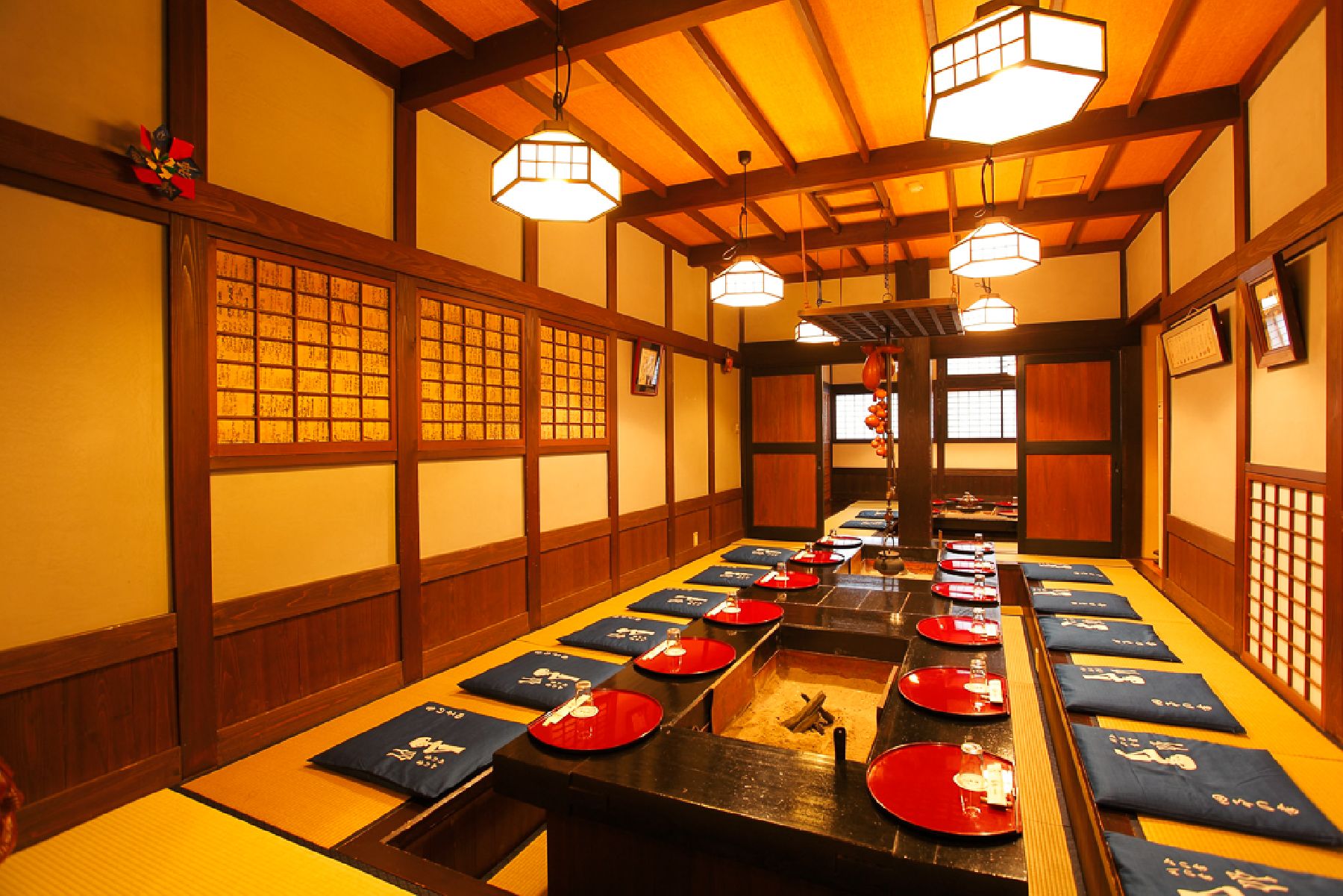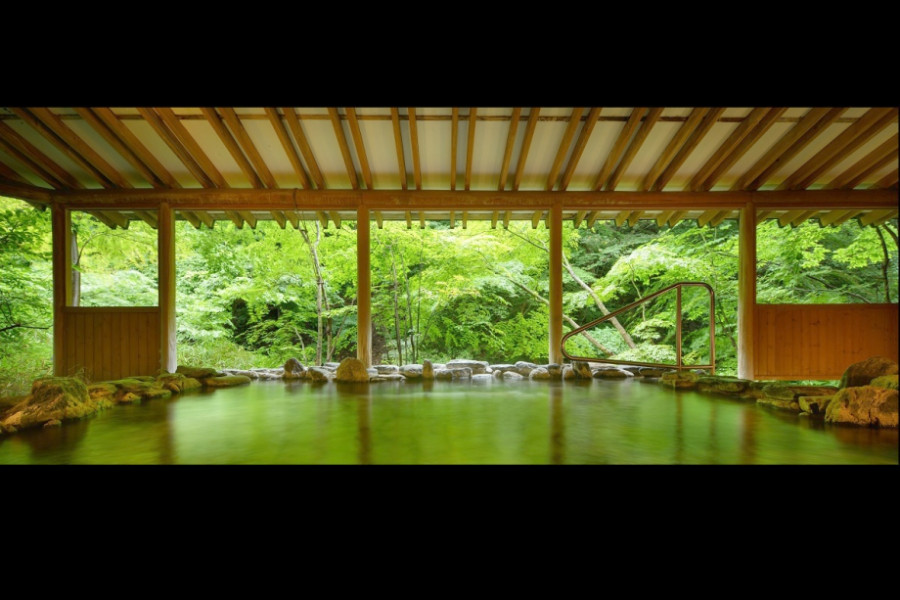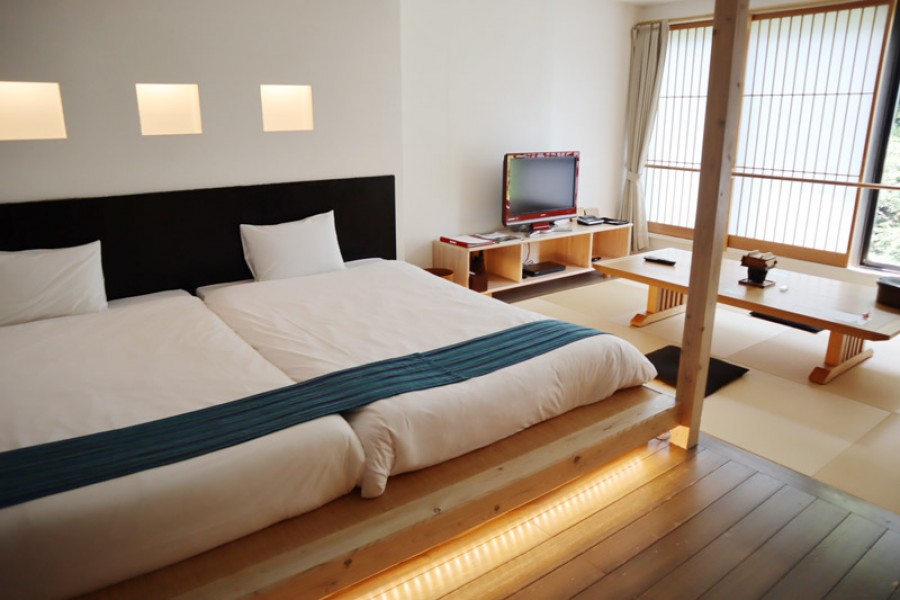Ultimate Tadami Line Winter Tour
This tour itinerary, combining bus and train travel on one ticket, allows visitors to explore the best spots along the famous Tadami Line, showcasing breathtaking winter views and rich local heritage. On this tour, you’ll visit the historic Enzoji Temple, home to the famous ‘akabeko’ legend, and visit a museum showcasing local folk art. You’ll also capture stunning photos from the viewpoint above the Tadami River Bridge and learn about the fascinating history of the river area, before taking a ride on the iconic Tadami Line train itself. A traditional meal made from local ingredients is included in the price. Tickets can be purchased on the Fukushima Travel website. Tour Details: Dates: Saturdays, Sundays and public holidays between January 24, 2026 - March 22, 2026 Price: ¥7,230 for adults (¥6,500 + processing fee), ¥6,120 for children (¥5,500 + processing fee) Includes: Bus ticket, Tadami Line train ticket from Aizu-Kawaguchi to Aizu-Yanaizu, lunch fee, Japanese guide Departure/Arrival: Aizu-Wakamatsu Station (guests at Higashiyama Onsen can disembark there)
